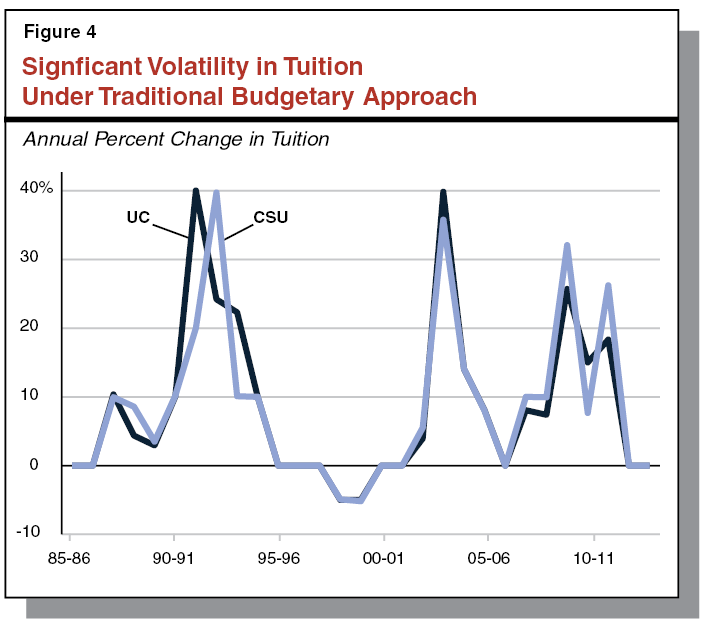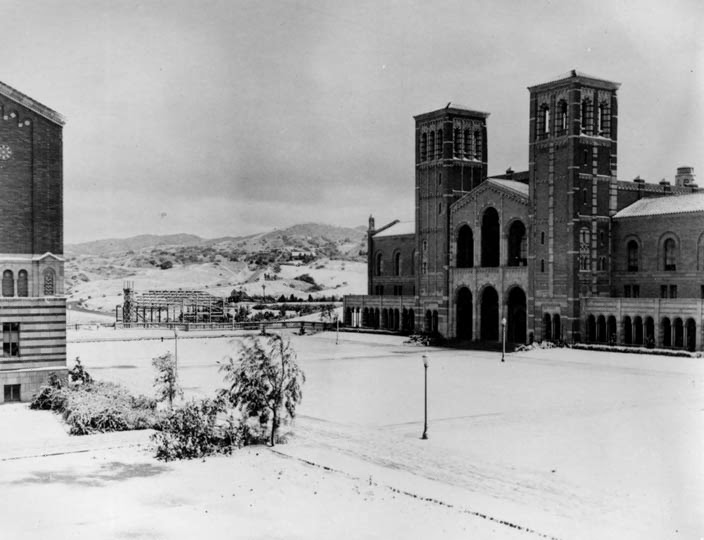As noted in prior posts, yours truly is out of town and behind on listening to, and recording, the Regents meeting. I am now current through the morning of Nov. 13. That was the morning in which UC president Napolitano gave her speech on her goals for UC. Blog readers will recall that there was supposed to be a similar unveiling of goals in a speech awhile ago, but that turned out to be a booster/dud. This one was more significant, but more on that below.
Again, we provide audio archives of Regents meetings because regental policy is to preserve recordings only for one year. Why? No one will say.
The meeting started with public comments. Editorial: There is an extremely offensive group that comes and yells at the Regents about demands to fire Napolitano immediately. What they imagine they are accomplishing, other than offending everyone but themselves, is an interesting question. Obviously, the Regents are not going to fire Napolitano. She may turn out to be a good choice or a bad choice, but it’s time to get real folks and move on. They were there the day before, as blog readers will know. Apparently, they will come back. Apart from that group, there were representatives of AFSCME, which has a one-day strike scheduled for Nov. 20, and the union (UAW) that represents grad TAs. There were complaints about non-resident tuition and grad student fees. [It might be noted that towards the end of the open session, Assembly speaker Perez, an ex officio Regent, made somewhat cryptic remarks that suggested that some accommodation between the union(s) and Napolitano was under way.]
After the public comment session, there was a talk by UC-Berkeley Nobel prize winner Randy Schekman who lamented the squeeze on funding for public research universities.
The main event that got the bulk of media attention was the Napolitano speech noted above. In it she talked about concerns about affordability of UC, student aid, the one-time money she allocated from a “reserve” to undocumented DREAM students and grad students, freezing tuition for another year (2014-15), a search to avoid volatility in tuition, concern that the news media focuses on the “sticker price” of tuition rather than the actual price(s), the need for the state to do its part to pay for UC retirement plans and increased enrollment, a search for greater efficiency at UCOP, doing more to get additional funds from grants, donations, public-private partnerships, and tech transfers to industry, encouraging more community college transfers, and green energy goals for the campuses.
Editorial: Obviously, this speech was more substantive than the previous one. But it tended to avoid trade-offs. If you freeze tuition in good times, history has taught us that you get big jumps in tuition in bad times when the state pulls back. You need only to look at what happened under Governors Davis and Schwarzenegger for examples. If the governor won’t pay for increased enrollment and you encourage more community college transfers, that increase has to involve either a decrease in admissions of four year students (which she said she wants to avoid) or fewer dollars/student. Later in this session in a discussion of PhD education, Governor Brown kept saying that UC was not going to be “ten Harvards,” so comparing it with Harvard was not a selling point with him. That raises the nasty issue of whether UC is a tightly-knit system or a bunch of individual campuses in a loose federation, again a trade-off since it can’t be both. Also later in the program in a session on fund raising, it was observed that donors like their names carved on buildings, i.e., physical capital rather than human capital. In short, the speech was a shopping list of worthy goals. But it avoided priorities and nasty trade-offs. We provide a separate link to the speech below.
After the Napolitano speech, Academic Senate rep Bill Jacob reminded the Regents of the blending of research, teaching, and service. It is not possible to isolate these three elements at research universities. There was discussion of doctoral education with Brown’s “ten Harvards” comments and a review of fundraising with the lament (by Regent Lansing) of donors’ desires to see their names carved on buildings. (Suggestion by yours truly: As long as the campuses have bond-and-build bureaucracies, donors might be reminded that buildings are temporary. The bond-and-builders after a couple of decades will knock them down. You get more longevity out of programs that endow research and/or scholarships since those go on as long as there is money left in the till.)
You can find a link to the entire open morning Regents session of Nov. 13, 2013 at:
For just the Napolitano speech, click on the link below:
(function(d, s, id) { var js, fjs = d.getElementsByTagName(s)[0]; if (d.getElementById(id)) return; js = d.createElement(s); js.id = id; js.src = “//connect.facebook.net/en_US/all.js#xfbml=1”; fjs.parentNode.insertBefore(js, fjs); }(document, ‘script’, ‘facebook-jssdk’));








